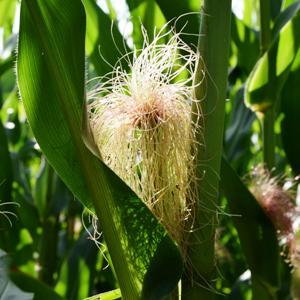The Michigan Farm Bureau is urging farmers to make their voices heard on the EPA's draft ecological assessments for the pesticides that include chemicals known as pyrethroids, which are made available by companies that include AMVAC, BASF, Bayer, Syngenta and Valent, the bureau said on its website.
According to the EPA, “Pyrethrins and pyrethroids are insecticides included in over 3,500 registered products, many of which are used widely in and around households, including on pets and in treated clothing, in mosquito control, and in agriculture. The use of pyrethrins and pyrethroids has increased during the past decade with the declining use of organophosphate pesticides, which are more acutely toxic to birds and mammals than the pyrethroids,” the release said.
Laura Campbell, the Michigan Farm Bureau's agricultural ecology department manager, said the EPA's assessment doesn’t reflect sound science and criticized the agency's poor decision-making approach, in the release.
“We’re asking farmers to tell their story, that as users they follow label directions and restrictions and use pest control products responsibly, including maintaining buffer zones and respecting limits on spray drift,” Campbell said in the release. Farmers can provide feedback via the Legislative Action Center, http://www.michfb.com/ACT, but must do so prior to March 31, the release said.
Michigan farmers could be some of the most affected in the nation if the EPA changes the rules allowing these pesticides in commercial use because of the state’s crop diversity which includes corn, soy, sugar beets, dry beans, tomatoes, peppers, blueberries, broccoli, squash, pumpkin, carrots and potatoes, the release said. All of those crops and their protection may change if the chemicals known as pyrethoids become more restricted, the release said.




 Alerts Sign-up
Alerts Sign-up